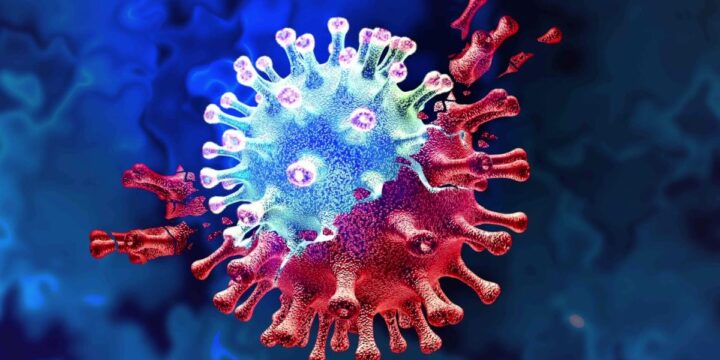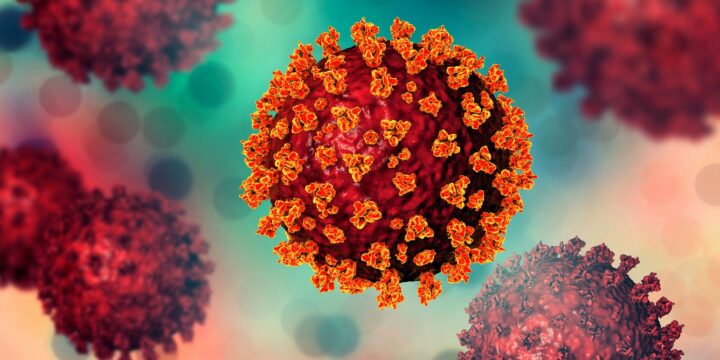
The integrated vitamin C
so who am I? My name is Vitamin C or ascorbic acid , a hydrosoluble vitamin derived from glucose metabolism , Humans cannot synthesize ascorbic acid as they lack an enzyme called gulonolactone oxidase.Concentrations in plasma and leukocytes reflect the levels of the diet and body deposits respectively of this vitamin. Where do you find me? Among foods with high vitamin C levels are : TomatoesPotatoescitric fruits such as limes, oranges and lemonspeppers (the richest)strawberriesbroccoli How much vitamin C do I need? Recommended Dietary Allowances (RDAs) for Vitamin CAgeMaleFemalePregnancyLactation0–6 months40 mg*40 mg*7–12 months50 mg*50 mg*1–3 years15 mg15 mg4–8 years25 mg25 mg9–13 years45 mg45 mg14–18 years75 mg65 mg80 mg115 mg19+ years90 mg75 mg85 mg120 mgSmokersIndividuals who smoke require 35 mg/daymore vitamin C than nonsmokers. You should be able to get all…




